Why Skin And Topical Oils Go Together So Well
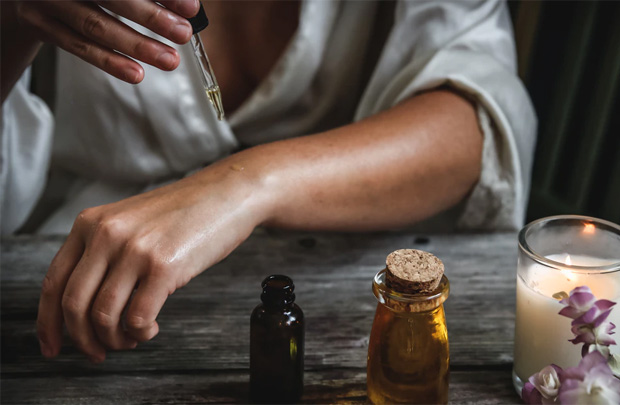
Why Skin And Topical Oils Go Together So Well
You may have noticed the current trend for slathering oils over your skin. Products containing coconut oil, shea butter, jojoba oil and a host of others designed to keep your skin looking and feeling supple.
Putting oil on the skin, though, is nothing new. Evidence suggests that the ancient Egyptians were already doing it thousands of years ago. They believed that it promoted skin health and had an anti-aging effect.
But what makes oils such a powerful cosmetic? And why should you have a vial in your vanity drawer? Let’s take a look.
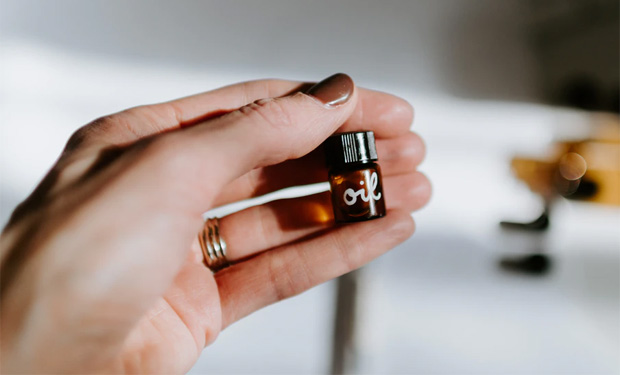
- They Can Fight Breakouts
We typically ascribe breakouts to having too much oil. But strictly speaking, that’s not how it works. Spots form when bacteria gets into the pores, the skin becomes inflamed and the body is inhabiting the correct hormonal environment. So many factors have to come together for spots to develop.
Interestingly, oils can prevent this. It turns out that many have antibacterial properties that reduce the ability of germs to thrive, multiple and create inflammation. Some oils for the skin actually combine known antibacterial essential oils for an even more potent effect. So, for instance, you might see jojoba combined with eucalyptus.
- They Reduce Rashes
Rashes often develop when the skin becomes damaged and broken and regular sebum can no longer perform its function.
In these circumstances, oils may help. Many contain anti-inflammatory ingredients that help to reduce skin irritation. For instance, a lot of people use Argan and Yangu oils after using popular anti-aging (but irritating) serums, such as retinoids.
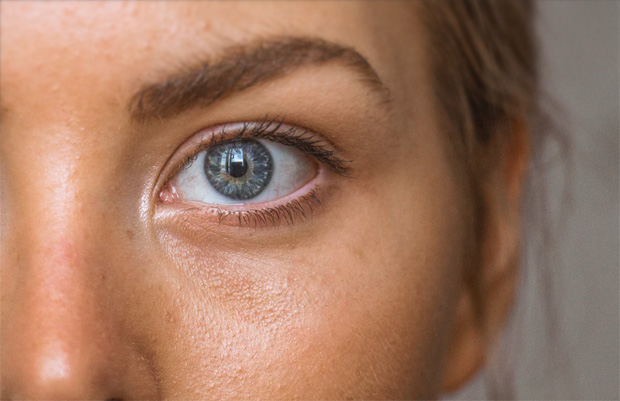
- They Can Reduce Pore Size
Nothing is more annoying than having a bunch of large pores on your face, particularly your nose. But it turns out that oils can help here too.
Researchers have found that macadamia, camellia and some other types of oils are actually good at removing fats from pores. This then helps them to appear smaller and less pronounced.
However, avoid using any oils from your local supermarket. These will more than likely leave your skin looking and feeling inflamed. It may even make breakouts worse. Before putting any oils on your skin, make sure that you do the proper research first.
- They Help Prime Your Skin For Makeup
If you are planning on putting on makeup the following morning, it is a good idea to apply a light layer of oil the night before. Oil will slowly absorb into your skin during the night, helping to create a perfect canvas the next day for your foundation.
Oil is so effective because it helps to make the skin smooth and get rid of any dry flakes that might stand out. It also delivers the benefits described above, which allows you to layer makeup more evenly. Over time, your skin and face will look smoother and more defined.
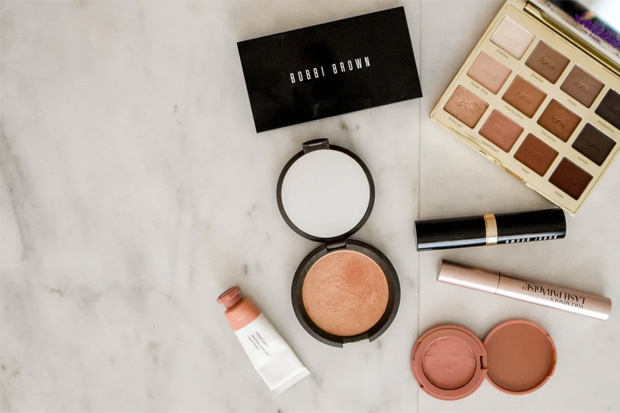
- They May Protect Your Skin
Oils might also have another interesting effect: protecting your skin. Oils are what scientists call lipophilic. This means that they are able to trap moisture deep down in the skin while, at the same time, keeping all the toxins out. In many cases, they add to your natural skin barrier.
For people who live in big cities, oils may be even more essential. They keep out pollution, dirt and other nasties that would otherwise get in and cause damage.
Smog, for instance, is a well-known cause of wrinkles. Particles in pollution directly interact with the skin and damage it. On cold days, pollution can be even more damaging.
There are many oils that can protect your skin, but rosehip seed oil is among the best. It contains antioxidants which fight pollution and keep the skin supple.
- They May Provide Pain Relief
Some oils may even provide pain relief – one of the reasons you see them in CBD muscle balm. For instance, peppermint creates a tingling sensation that some people find therapeutic. Eucalyptus may also have soothing action when applied to sore muscles and joints.

- They Help Dry Skin
Dry skin is incredibly annoying but, unfortunately, all too common in the modern world. Cold temperatures mixed with air conditioning or indoor heating systems break down its natural defenses, leaving it looking and feeling parched.
Oils, however, can prevent this from happening. What’s more, they tend to be way more effective than over-the-counter moisturising creams.
The type of oil you use for dry skin, however, is important. Steer clear of cooking oils. Instead, opt for a small quantity of almond oil. It has a high concentration of hydrating fats and also contains other anti-inflammatories.
- They Reduce Signs Of Aging
If you expose yourself to too much sunlight, your skin will suffer over time. Eventually, you’ll develop wrinkles and sunspots.
Oils, however, may provide a form of protection – but again it depends on the type of oils you use.
Oils enriched with vitamin C, for instance, may protect against sun damage. So too may those like Argan oil with a vitamin E base.
Oils may also contain compounds that directly interact with the skin and make it appear healthier and tighter. Low-dose essential oils can switch on skin cells’ defense mechanisms, making them produce more collagen, encouraging them to look more youthful.
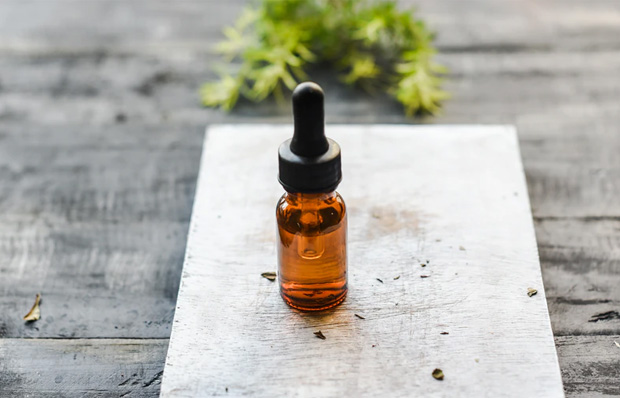
Conclusion
Some people with oily skin worry about using oils on their face. Adding more oil to already oily skin seems like a bad idea. However, as we have seen, oils are effective at dealing with a host of skin conditions. What’s more, when you apply oils, you down-regulate the skin’s production of sebum. So you may actually wind up looking less shiny than you ordinarily would.
You can also apply drying exfoliation products to your skin before applying oils if you are worried. For instance, many people like to use peel-off masks and then rehydrate the skin with coconut or jojoba oil afterwards.
Please note, though, that not all facial oils are the same. Some nourish the skin, but many are irritants. You may find that you have unwanted redness on your nose and cheeks if you apply too many oils over too long a period.
Contributed Article.





